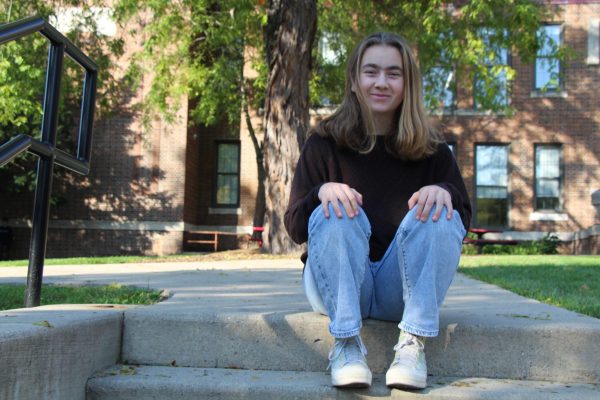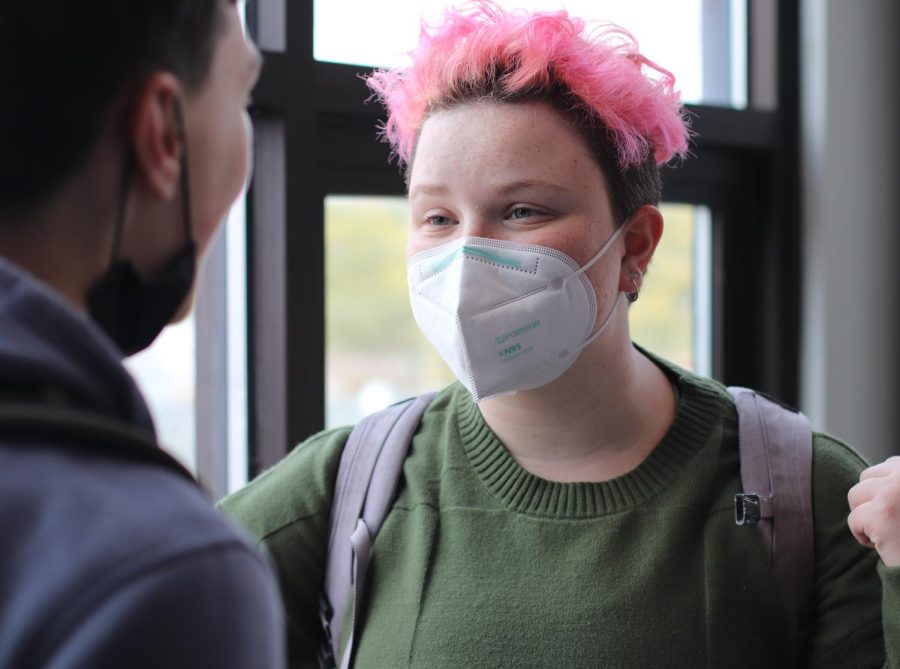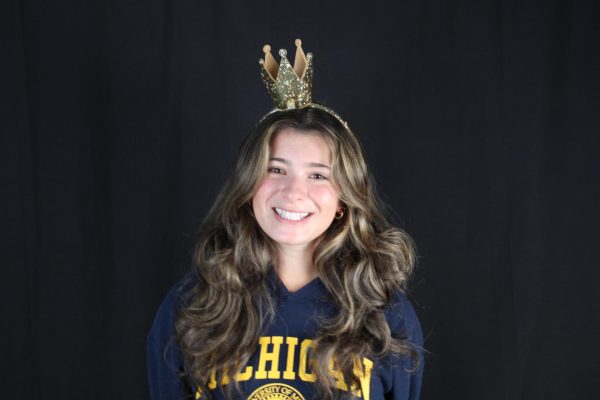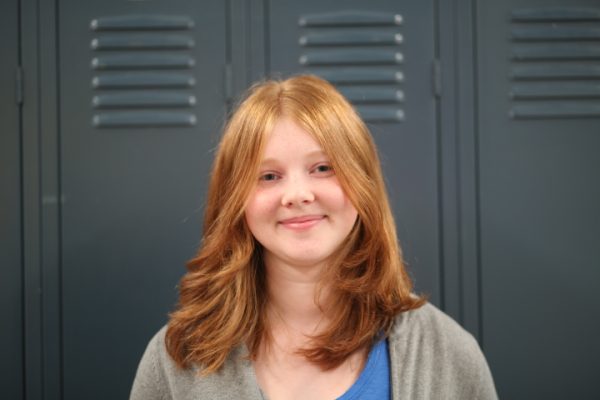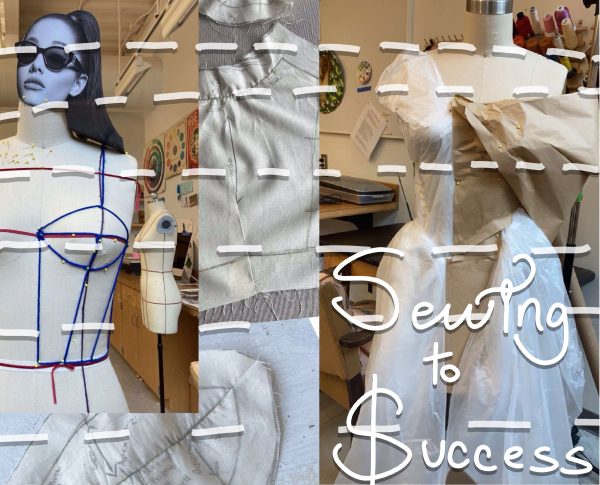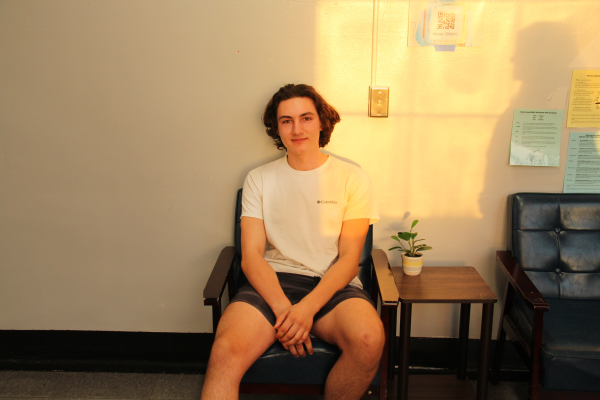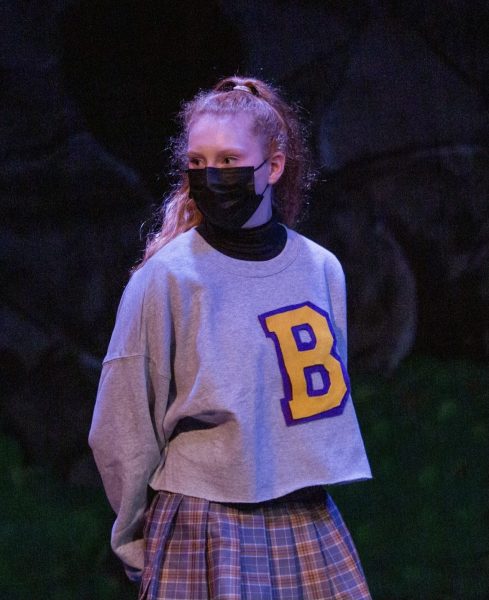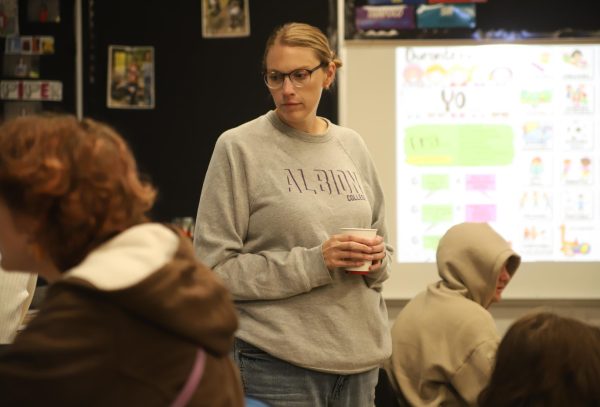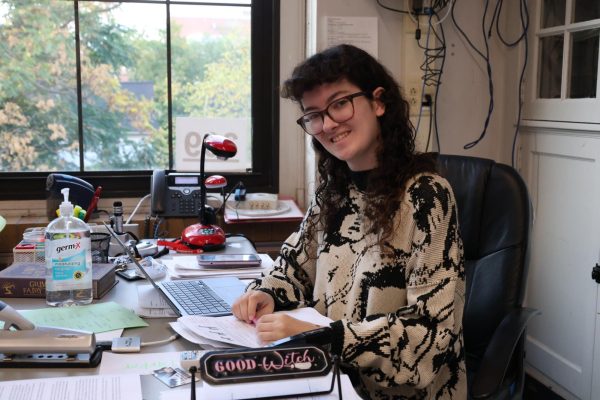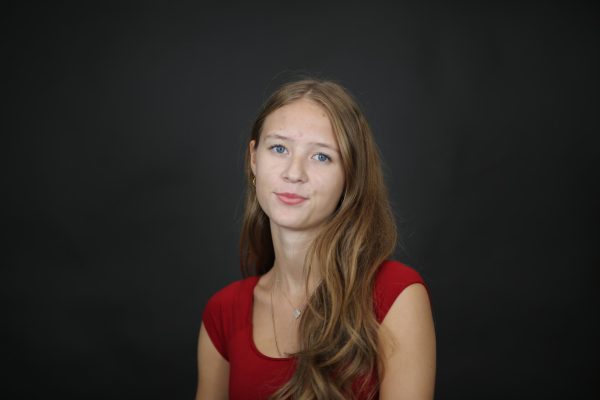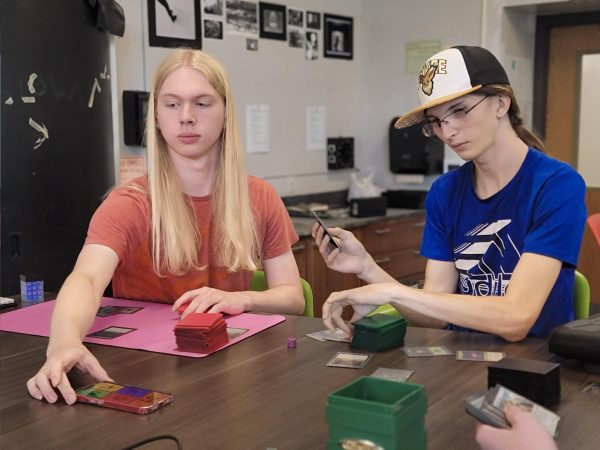Encouraged but Optional: Masking During the 2022-23 School Year
128 weeks after March 13, 2020, the 2022-23 school year kicked off. For the first time in nearly two and a half years, according to AAPS, masks were encouraged but optional.
Over the course of the first month of school, students and teachers have chosen both to mask and go mask-less alike.
Lily Eggleston, CHS sophomore, masks in some spaces but not in others, but not due to a fluctuating fear of COVID; Eggleston’s face covering has two roles.
“I like to keep my mask on in places where I’m less comfortable, but when I’m around friends or if I’m in a class that I know a lot of people, I’ll take it off,” Eggleston said. “I wear a mask for social comfort – it’s not just physical.”
Eggleston predicts that sometime in the distant future, masking will return to pre-COVID levels. For now though, it doesn’t bother her. Eggleston will rely on intuition to make her decision.
Parker Huhn, CHS senior, also falls in the gray area. He masks on days he feels “unwell” or if he just wants to hide his face. Huhn is vaccinated and not scared of getting COVID, but understands that not wearing a mask increases his risk of contracting the virus.
He thinks of masking as a courtesy to keep other people from catching the virus — a possibility that will persist for years to come.
“I think this is something that will last for at least the rest of my lifetime, if not longer,” Huhn said. “Who knows. Technology advances extremely quickly and I have no idea where we’ll be in 10 years, but I think that COVID and adjacent things are always going to be a potential threat.”
Ali O’brien, CHS junior, hasn’t worn a mask at all this year, despite having experienced COVID six times in the past three years. Although she dislikes masking, O’brien is eager to express her willingness to mask if asked.
“I’d like to breathe properly sometimes, So not wearing a mask is sometimes better after wearing one for a whole year,” O’brien said. “I want to be conscious people’s preferences though. I think that’s most important.”
In her first three bouts with COVID-19, O’brien had severe symptoms, but the most recent three have caused only mild congestion. O’brien attributes that to a combination of being vaccinated and having had the virus numerous times.
O’brien is anticipatory for a time in the future where COVID firmly becomes a thing of the past.
Izzy Stevens, CHS junior was masking every day until she got COVID.
“Now I have antibodies and everything because I had it [COVID] like three weeks ago,” Stevens said. “I might as well just not wear a mask because it doesn’t really make a difference at this point.”
Stevens envisions COVID’s prevalence fading, bringing about a time where the pandemic-level virus is treated like the common flu.
She’s looking forward to furthering her relationships with teachers and peers.
“Masks make it harder to understand what the teachers are saying, especially in language classes when you’re not fluent in the language they’re speaking,” Stevens said. “I also feel like it creates a greater distance from teacher to student in a way, by not being able to see their entire face.”
Ryan Silvester, CHS Social Studies teacher and Forum Leader, has become accustomed to masking. While he masked almost invariably last year, eating alone and only sneaking brief sips of water, Silvester has been slightly less regimented this year.
“I’d rather feel safe and know that I’m keeping myself and others safe,” Silvester said. “It goes beyond COVID; I’ve got allergies. I’m sneezing and coughing a lot, so by wearing a mask, I’m keeping the spread of germs low altogether.”
Another important facet for Silvester is the fact that his girlfriend is employed at a hospital. He is conscious of the possibilty of her spreading an illness to him and ultimately his students.
Silvester forsees a future where masking is the norm in some high-transmission areas, but is not common in schools. Although, he doesn’t think face coverings take away from the school experience.
“I have friends who have younger children in elementary school and I understand the merits behind the concerns that you lose some of that personal touch of elementary school teachers,” Silevester said. “I think at the high school level, it’s okay though… I’ll just have to be really expressive with my eyes.”
